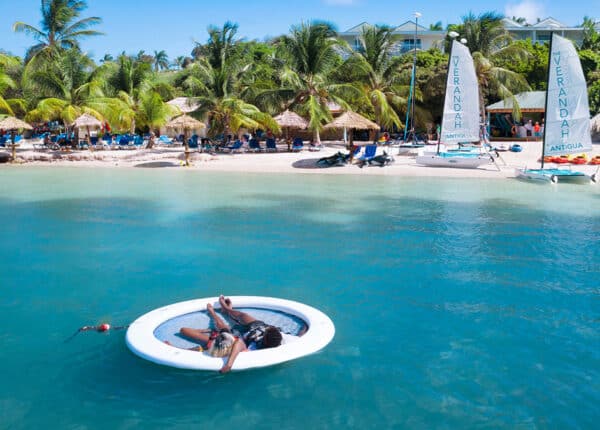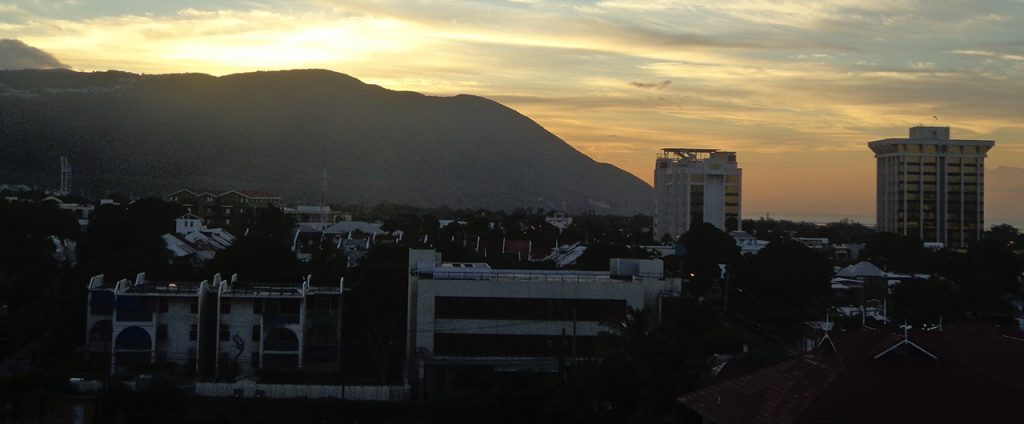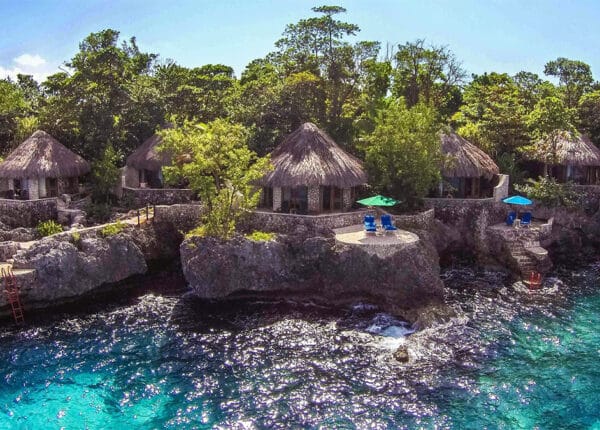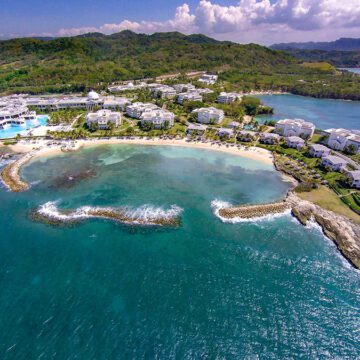BY DENNIS CHUNG
CJ Contributor
I recently made the point that the most important asset that Jamaica has is its three million residents, and that it is the underutilization of this asset that has caused us to attain average growth of a mere 0.8 per cent per annum for the past 40 years. The fact is that our three million residents are also our most neglected, abused, and underutilized asset.
One does not have to be a rocket scientist to understand that if you minimize the use of what can give you the greatest value, then obviously your value creation will be minimal.
This can be extended in economic terms to say that an economy that does not focus on its areas of comparative advantage cannot be competitive and cannot optimize its development.
Jamaica, for example, has a comparative advantage in tourism, sports, music, niche agricultural products, and more recently the BPO sector – which is primarily our human resources and geographic location. We have, however, done everything to restrict the development of these by not addressing crime, inadequate resources and planning, by tolerating praedial larceny, and year after year by seeking to “kill” any industry that does well through the imposition of draconian taxes. We therefore create policies to discourage industries from doing well, and then we wonder why we can’t have sustainably high growth levels.
This is the same thing we do with our human resources, as we encourage urban decay by creating disorderly communities; we ignore the productivity of people by allowing uncontrolled noise when people need to sleep; by not respecting the rights of people; by restricting the potential of people through the creation of labour laws that stymie their capacity; and by not insisting on the protection and schooling of children.
The result of this is that Jamaica scores very poorly with respect to innovation, as shown in the
Global Competitiveness Report, when it is well known that economies develop fastest when innovation is encouraged.
A secret that many of our policy makers have never understood over the years – but which our private sector understands very well – is that the best way to build your business is to improve the intellectual capacity of the people who work there.
The most progressive CEOs I know understand this; for example Don Wehby tells me that he is always on the lookout for good talent, even if there is no vacancy, as they will always add more value than their cost. And if he cannot place them within the company, then he puts them on boards. It is therefore no surprise that under his leadership, GraceKennedy has become a much larger global brand and is always improving its profitability.
This importance of intellectual capacity is something our policy makers have never understood. So even while they always seem amazed at the development of a country like Singapore, they don’t understand that one of the things that has led to Singapore’s success is the focus on building human capacity through education and creating an environment for the population to be productive.
The creation of this environment is necessary for improved productivity and human capacity. If we continue to support an environment of disorder, such as road indiscipline and night noise, discourage productivity and improved compensation, through archaic labour laws and mechanisms such as collective bargaining, and discourage investment and value creation with taxes, then we cannot be surprised to see our labour and total productivity factor falling since the 1970s.
Can we further be surprised, as I mentioned last week, that little Antigua has GDP per capita at US$18,300 per annum, while we are just over US$4,000 per annum? Can we be surprised when we have approximately 20 per cent of our people living below the poverty line, unemployment at 13 per cent, and more than 300,000 peopler on welfare (PATH), with another 200,000 in need of welfare?
The only way for us to achieve Vision 2030, and experience real development, is to improve the intellectual capacity of our people.
This means creating an environment that encourages learning and disciplined living. It means educating our people and preparing them for higher value jobs, as it is not just about the quantity of jobs (such as low-paying factory or BPO jobs) but the quality of jobs. The fact also is that industry, such as BPO, is restricted by the intellectual capacity of the human resources available; therefore the BPO sector cannot move readily to high value jobs, such as programming, because we don’t have the skills necessary.
The first step, of course, is that our policy makers need to fully appreciate the need to develop our human resources if we want to see true development.
The EGC’s Call to Action has understood this by focusing firstly on “Citizen Security” as the foundation for growth. The next step, however, is for it to be intertwined with the fabric of our fiscal and other government policies.
This to me is still not evident, as our discussions are still focused around the mathematics of the budget, and who did what when they were in office since independence.
So essentially, our conversations are focused on immediate needs and the distant past. There is very little discussion about the future. If we are to get to Vision 2030 we must change this way of thinking, and we must start to lay out and discuss plans for the future.
We also need to understand that the future of any country depends mainly on the children and those yet unborn. Therefore we need to ensure that focus is placed on improving our education system in terms of access and quality. This does not mean building a school at every corner, but using innovative ways such as distance learning.
The future of our country depends on creating exceptional human resources. This means that our focus must be on creating an environment for our people to realize their full potential. This must not be confused with the politics we have practiced over the years, which consists of giving people handouts. That approach simply brings everyone down to a lower standard instead of helping them to be the best they can be.
This is going to require visionary leadership, which chooses to take action for developing the potential of our people. In other words, leadership must take steps similar to those taken by Jesus when he fed 5,000 people from a basket of fish and loaves, instead of trying to share up the single basket among the 5,000 people.
Dennis Chung is a chartered accountant and is currently Vice President of the Institute of Chartered Accountants of Jamaica. He has written two books: Charting Jamaica’s Economic and Social Development – 2009; and Achieving Life’s Equilibrium – balancing health, wealth, and happiness for optimal living – 2012. Both books are available at Amazon in both digital and paperback format. His blog is dcjottings.blogspot.com. He can be reached at drachung@gmail.com.







